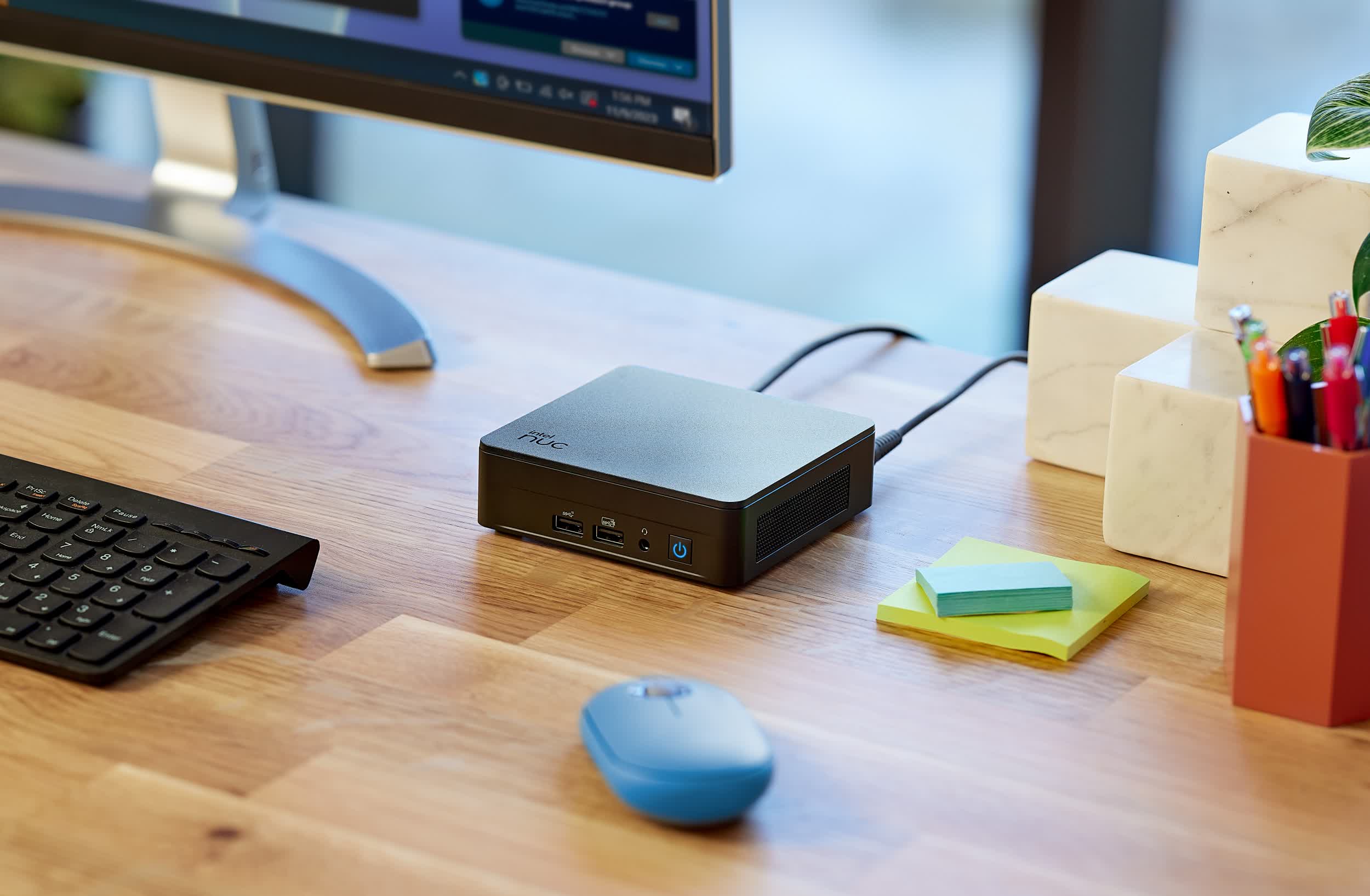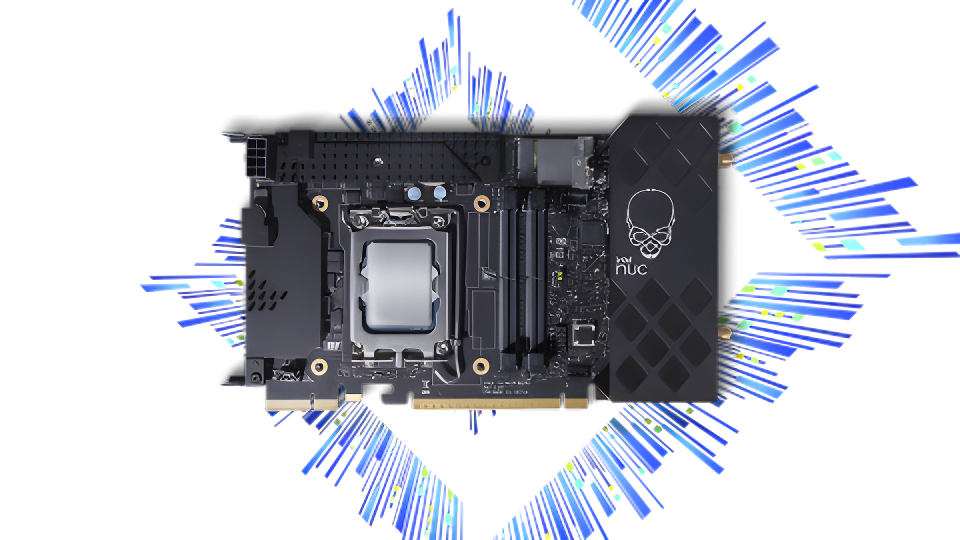What just happened? Intel-made NUCs might be no more, but the tiny Next Unit of Computing machines will live on through Asus, which has agreed to a term sheet with Intel to manufacture, sell, and support current and future NUCs.
Intel last week announced that it had decided to stop direct investment in its NUC Business, but it was still encouraging partners to continue creating the small form factor PCs.
Asus, which already boasts a line of Mini PCs for office, retail, digital signage and hospital applications, has agreed to sell and support 10th to 13th-gen NUC product lines and develop future NUC system designs under the agreement with Intel. It's non-exclusive, so Team Blue could partner with other companies on NUCs.
The Taiwanese firm will create a new business unit called Asus NUC BU that could develop the kind of NUC products Intel used to make, such as mini PCs, customizable boards, and barebones kits.
"Thank you, Intel, for your confidence in us to take the NUC systems product line forward. I am confident that this collaboration will enhance and accelerate our vision for the mini PC – greatly expanding our footprint in areas such as AI and AIoT," said Joe Hsieh, Asus chief operating officer. "We are committed to ensuring the excellent support and service that NUC systems customers expect."
Intel said it has chosen Asus as a partner because of the company's expertise and track record delivering industry-leading mini PCs to customers, making it ideally suited to continue driving innovation and growth in NUC systems products.
While most Intel NUCs are aimed at the likes of offices and casual home users, there are versions for gamers. The Raptor Canyon Intel NUC 13 Extreme (above), for example, can be packed with a 13th Gen i9-13900K 125W desktop processor and an RTX 4070 Ti. It'll certainly be interesting to see what a gaming-focused company like Asus, maker of the ROG Ally handheld, will come up with in this field.
Intel never said why it has left NUC business, but the second quarter's 13.4% year-on-year decline in global PC shipments and cautious consumer spending likely played a big part. The move means NUCs are now the latest venture Intel has dropped, following the likes of Optane and its server-building business, leaving the company to focus more on its chip-manufacturing work.

